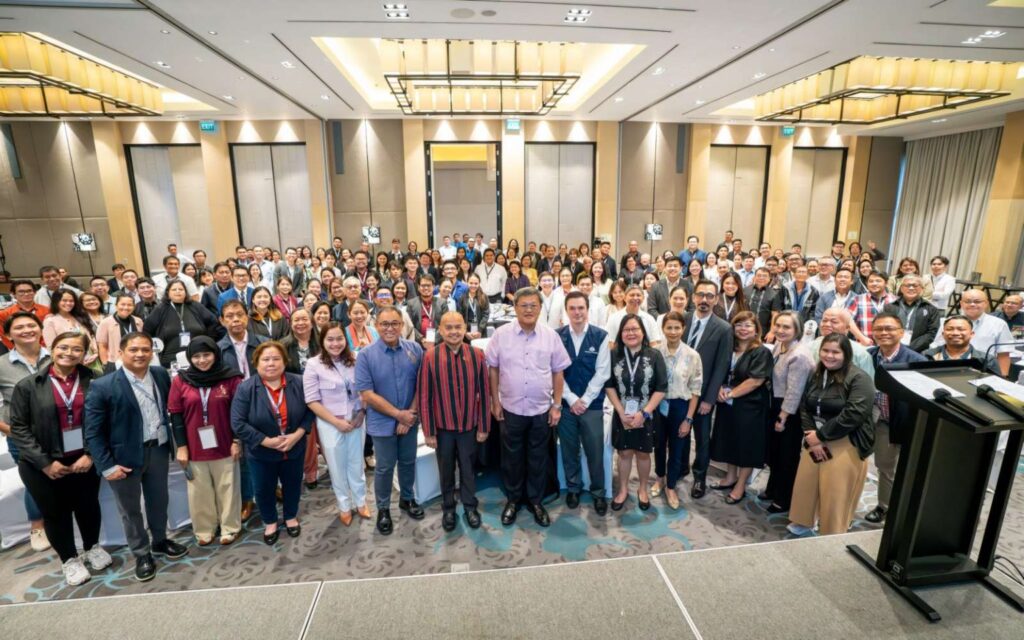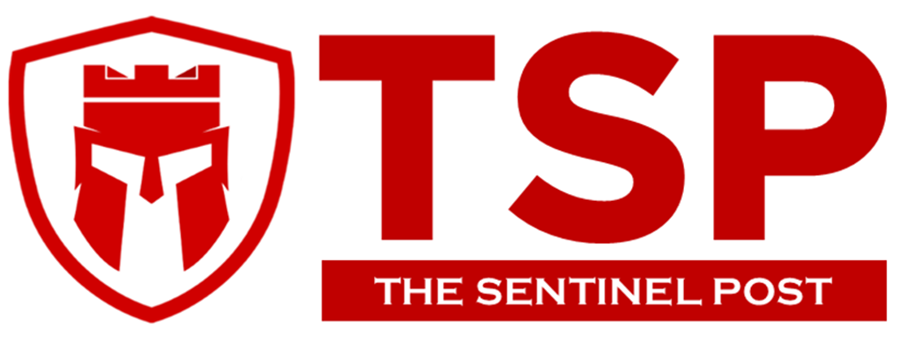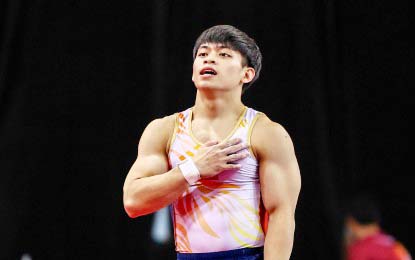
The Supreme Court is in the process of drafting procedural rules that aim to develop a sustainability framework for developmental and social change lawyering.
This was the objective of the two-day workshop on institutionalizing support for developmental and social change (DSC) lawyering, titled “For Legal Empowerment and Equal Access to Justice.”
Held on July 25-26, 2024 in Iloilo City, the event gathered 150 legal practitioners from Alternative Law Groups, the Free Legal Assistance Group, the National Union of Peoples’ Lawyers, and the Initiatives for Dialogue and Empowerment through Alternative Legal Services, Inc., among others.
The workshop was held by the Supreme Court, through its Committee on Access to Justice/Underserved Areas (Committee), and in partnership with the Fostering Advancement of Inclusive and Rights-based Justice (FAIR Justice), European Union Governance in Justice II Programme (GOJUST), and The Asia Foundation (TAF).
Representatives from the Department of Justice, the Public Attorney’s Office, the Commission on Human Rights, the Legal Education Board, the Integrated Bar of the Philippines, and the academe also participated in the workshop.
In a recorded message, Chief Justice Alexander G. Gesmundo welcomed the participants, stressing the workshop’s “collective aim to address the sustainability challenges linked with developmental and social change lawyering as members of the legal profession and champions of the public good.”

Chief Justice Alexander G. Gesmundo gives the opening remarks at the “For Legal Empowerment and Equal Access to Justice,” a workshop on institutionalizing support for developmental and social change lawyering on July 25, 2024 in Iloilo City. (Courtesy of the Supreme Court Public Information Office)
During his keynote, Senior Associate Justice and Committee Chairperson Marvic M.V.F Leonen shared how the seeds for the workshop were planted two years ago, at the landmark National Legal Aid Summit in 2022 in Bacolod City. The Summit sought to develop a roadmap that would amplify, provide, and sustain avenues of access towards the constitutional guarantee of adequate legal assistance.
This was followed in 2023 by the Committee’s creation of the Technical Working Group on Public Interest Lawyering, Alternative Lawyering, Developmental Legal Aid, and Legal Aid (TWG). The TWG was commissioned to conduct a study on the sustainability of DSC law groups in the Philippines (Study).
With the Study completed, the next step was to provide an avenue for dialogue among diverse legal practitioners, including community-based alternative law and free legal assistance groups and human rights and social justice advocates, to collaborate in crafting innovative solutions in addressing the sustainability issues faced by DSC lawyers.

Senior Associate Justice Marvic M.V.F. Leonen, who chairs the Committee on Access to Justice/Underserved Areas, gives the keynote address at the “For Legal Empowerment and Equal Access to Justice,” a workshop on institutionalizing support for developmental and social change lawyering on July 25, 2024 in Iloilo City. (Courtesy of the Supreme Court Public Information Office)
Stressing the significance of the workshop, Senior Associate Justice Leonen shared his own experiences as a public interest lawyer which taught him how lawyering was “not only a matter of looking for the appropriate law and applying it through the proper pleadings and motions. Lawyering meant empowering people, sharing our understanding of the law and working with them to discover their interstices or loopholes or what the law often lacked.”
He added: “Lawyering is more than a profession. It is a means for an advocacy shared with various groups, communities, and identities. It is a means for social change. It is a way to achieve social justice.”
The Senior Associate Justice also highlighted how DSC lawyers enable the marginalized to enjoy their rights, which mean nothing if not enforced. “Competent and committed lawyers are needed to enforce rights. Laws which provide rights and remedies for the marginalized, oppressed, or those who simply do not have enough can be liberating if there are lawyers that are available for them. Lawyers can only be available for them if they take time to understand the situation of the communities they assist.”
Given the role played by DSC lawyers, Senior Associate Justice Leonen said that recognizing DSC lawyering as a distinct legal practice is critical. Such recognition will matter not only to the lawyers, “but for all those who need to be empowered by our laws.”
This was among the aims of the draft Rules on Support for DSC Lawyering, which has been preliminarily drafted by the TWG. The draft Rules also seeks to address the issues identified by the Study, which were presented on the first day of the workshop by its Lead Researcher, Atty. Damcelle Torres-Cortes.

Senior Associate Justice Marvic M.V.F. Leonen and Associate Justice Antonio T. Kho, Jr., are joined by members of the Technical Working Group on Public Interest Lawyering, Alternative Lawyering, Developmental Legal Aid, and Legal Aid at the “For Legal Empowerment and Equal Access to Justice,” a workshop on institutionalizing support for developmental and social change lawyering on July 26, 2024 in Iloilo City. (Courtesy of the Supreme Court Public Information Office)
According to the Study, DSC law groups face sustainability concerns in terms of human resources, financial assistance, weak social and institutional recognition of their work, among others. Thus, among the recommendations is a sustainability plan that ensures the viability of their work.
The participants later shared in breakout sessions their experiences on the field as DSC lawyers, community paralegals, and developmental legal aid practitioners under the Clinical Legal Education Program.

Legal practitioners discuss challenges faced by developmental and social change (DSC) lawyers at the “For Legal Empowerment and Equal Access to Justice,” a workshop on institutionalizing support for DSC lawyering on July 25, 2024 in Iloilo City. (Courtesy of the Supreme Court Public Information Office)

Participants at the “For Legal Empowerment and Equal Access to Justice,” a workshop on institutionalizing support for developmental and social change lawyering share their experiences on the field during the breakout sessions on July 25, 2024 in Iloilo City. (Courtesy of the Supreme Court Public Information Office)
On the second day of the workshop, the participants focused on the draft Rules’ salient points. Senior Associate Justice Leonen acknowledged and welcomed their inputs which the Committee, and ultimately the Supreme Court En Banc, will consider in their deliberations on the draft Rules.

Senior Associate Justice Marvic M.V.F. Leonen, who chairs the Committee on Access to Justice/Underserved Areas, speaks on Day 2 of the “For Legal Empowerment and Equal Access to Justice,” a workshop on institutionalizing support for developmental and social change lawyering on July 26, 2024 in Iloilo City. (Courtesy of the Supreme Court Public Information Office)
In his closing remarks, Associate Justice and TWG Vice Chairperson Antonio T. Kho, Jr. reiterated the Supreme Court’s goal, under the Strategic Plan for Judicial Innovations 2022-2027 (SPJI), to thrust DSC lawyering into “the mainstream of the legal world, at par with other conventional ways of lawyering. We hope to underscore the importance of developmental and social change lawyering so that it will be firmly established in our legal world and woven into the fabric of the socio-political consciousness of our people. Only then can we guarantee that developmental and social change lawyering will continue to have a significant and positive impact to our people and country.”

Associate Justice Antonio T. Kho, Jr., Vice Chairperson of the Technical Working Group on Public Interest Lawyering, Alternative Lawyering, Developmental Legal Aid, and Legal Aid, gives the closing remarks on Day 2 of the “For Legal Empowerment and Equal Access to Justice,” a workshop on institutionalizing support for developmental and social change lawyering on July 26, 2024 in Iloilo City. (Courtesy of the Supreme Court Public Information Office)
Also present at the workshop were Supreme Court Associate Justice Henri Jean Paul B. Inting; Australian Embassy in the Philippines Counsellor for Development Mr. Peter Adams; GOJUST Senior Adviser on Access to Justice Atty. Hector D. Soliman; FAIR Justice Team Leader Atty. Ray Paolo Santiago; and TAF Director for Law and Human Rights Atty. Paolo Francisco Camacho. (Courtesy of the Supreme Court Public Information Office)

Associate Justice Henri Jean Paul B. Inting joins the “For Legal Empowerment and Equal Access to Justice,” a workshop on institutionalizing support for developmental and social change lawyering on July 25, 2024 in Iloilo City. (Courtesy of the Supreme Court Public Information Office)

Senior Associate Justice Marvic M.V.F. Leonen and Associate Justice Antonio T. Kho, Jr. thank participants at the “For Legal Empowerment and Equal Access to Justice,” a workshop on institutionalizing support for developmental and social change lawyering on July 26, 2024 in Iloilo City. (Courtesy of the Supreme Court Public Information Office)




